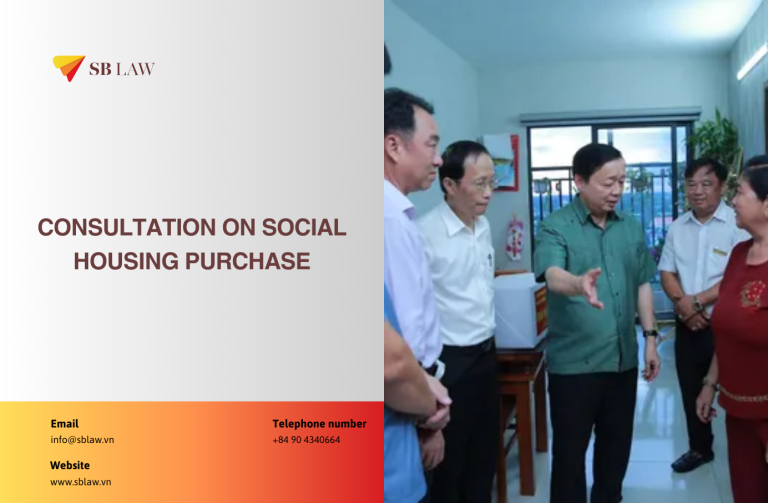Resolution No. 57-NQ/TW, signed by General Secretary To Lam on December 22, 2024, reflects the Politburo's strong commitment to advancing science, technology, innovation, and digital transformation in Vietnam. The Resolution identifies these as pivotal factors that serve as the primary drivers of socio-economic development, ensuring national data security, enhancing competitiveness, and propelling the nation forward in the digital age.
Key highlights of the Resolution
- Guiding viewpoint: The Resolution underscores science, technology, innovation, and digital transformation as the foremost catalysts for breakthrough development. It calls for eliminating the “if you can’t stop it, then ban it” mindset, focusing instead on cultivating high-quality human resources and establishing special mechanisms to attract talent. Modern, secure digital infrastructure must be developed, with data leveraged as a core production resource. Sovereignty, network security, and data safety are emphasized as consistent priorities throughout the development process.
- Goals: Resolution 57-NQ/TW sets ambitious targets. By 2030, science, technology, and innovation should rank among the most advanced in key fields, businesses should achieve above-average global standards, and state management and digital databases should be fully synchronized. By 2045, Vietnam aims to become a high-income country, with the digital economy contributing 50% of GDP, ranking among the top 30 nations in innovation, and attracting leading global technology corporations.
- Central role of science, technology, and innovation: The Resolution highlights their pivotal role in advancing modern productive forces, optimizing production relations, and innovating national governance. This demonstrates a clear vision of integrating innovative thinking with technological application to achieve transformative economic growth.
- Strengthening Leadership and Mobilizing Collective Strength: The Party and State will exercise comprehensive leadership, fostering the proactive engagement of entrepreneurs, businesses, and the public in advancing science, technology, and digital transformation. This strategic initiative aims to ensure widespread consensus and maximize the utilization of societal resources to achieve overarching objectives.
- Enhancing Institutions and Policies: The Resolution emphasizes the urgency of amending and supplementing relevant legal frameworks to eliminate obstacles and foster the growth of science, technology, and innovation. These efforts are expected to establish a transparent legal environment while stimulating creativity in critical economic sectors.
- Developing High-Quality Human Resources: Priority will be given to training initiatives alongside the implementation of special mechanisms and policies designed to attract talent in science, technology, and digital transformation. These measures are pivotal in enabling Vietnam to not only catch up with but also outpace other nations in the global race for technological and innovative excellence.
- Ensuring Cybersecurity and Information Safety: The protection of data and personal information is positioned as a core priority throughout the process of national development in science, technology, and digital transformation. This focus is particularly significant amid rising cyber threats and the increasing demand for robust data security measures.The aforementioned priorities illustrate that Resolution 57 is not merely a policy framework but a highly actionable strategy with comprehensive and targeted solutions. When implemented effectively, the Resolution has the potential to accelerate scientific and technological advancements while establishing a robust foundation for Vietnam's prosperity in the digital age.
Conclusion
Resolution 57-NQ/TW marks a significant milestone, reflecting Vietnam's resolute commitment to positioning science, technology, innovation, and digital transformation as cornerstones of socio-economic development. By prioritizing the liberation of creative potential, strengthening leadership, and fostering favorable conditions for digital technology enterprises, the Resolution serves as both a directional compass and a practical catalyst for Vietnam to ascend to a new standing on the global stage.
Nevertheless, challenges persist, including the imperative to refine institutional frameworks, enhance workforce capacity, and expedite the practical application of scientific and technological advancements. A resolute and synchronized implementation of Resolution 57 will not only bolster key sectors but also transform the growth model, elevate living standards, and bring Vietnam closer to its goal of becoming a developed nation.




